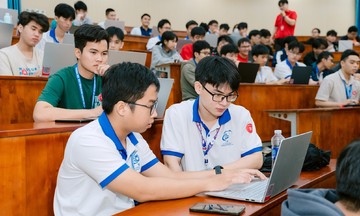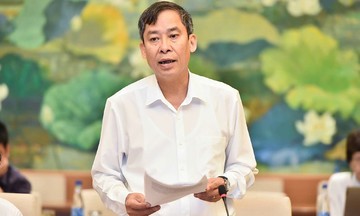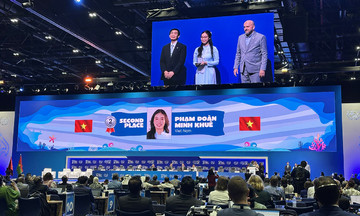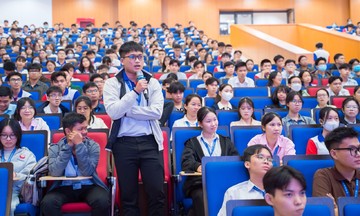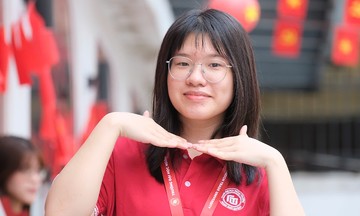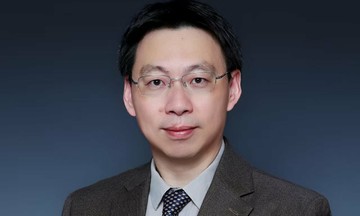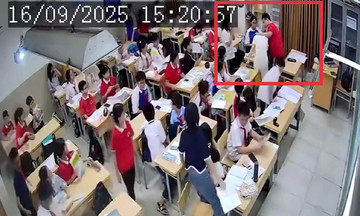At a seminar on 18/9 discussing building a healthy school environment and limiting students' cellphone use during breaks, Senior Lieutenant Colonel Tran Van Dong, Deputy Head of the Internal Political Security Department (PA03) of Ho Chi Minh City Police, stated that about 93% of phone subscribers in Vietnam currently use social media. The largest demographic is adolescents and students, aged 13 to 26.
An estimated 90% of children access and use the internet daily, but only 35% know how to manage their screen time.
Dong acknowledged that if students use the internet for scientific research, history, or healthy entertainment, it is very beneficial. Conversely, a significant portion primarily plays games, reads stories, and engages in similar activities. Many problems stem from improper internet use, such as online fraud, online abduction, cyberbullying, and privacy violations. Students' personal information can be exposed or leaked when accessing unsafe websites, playing games, or ordering online.
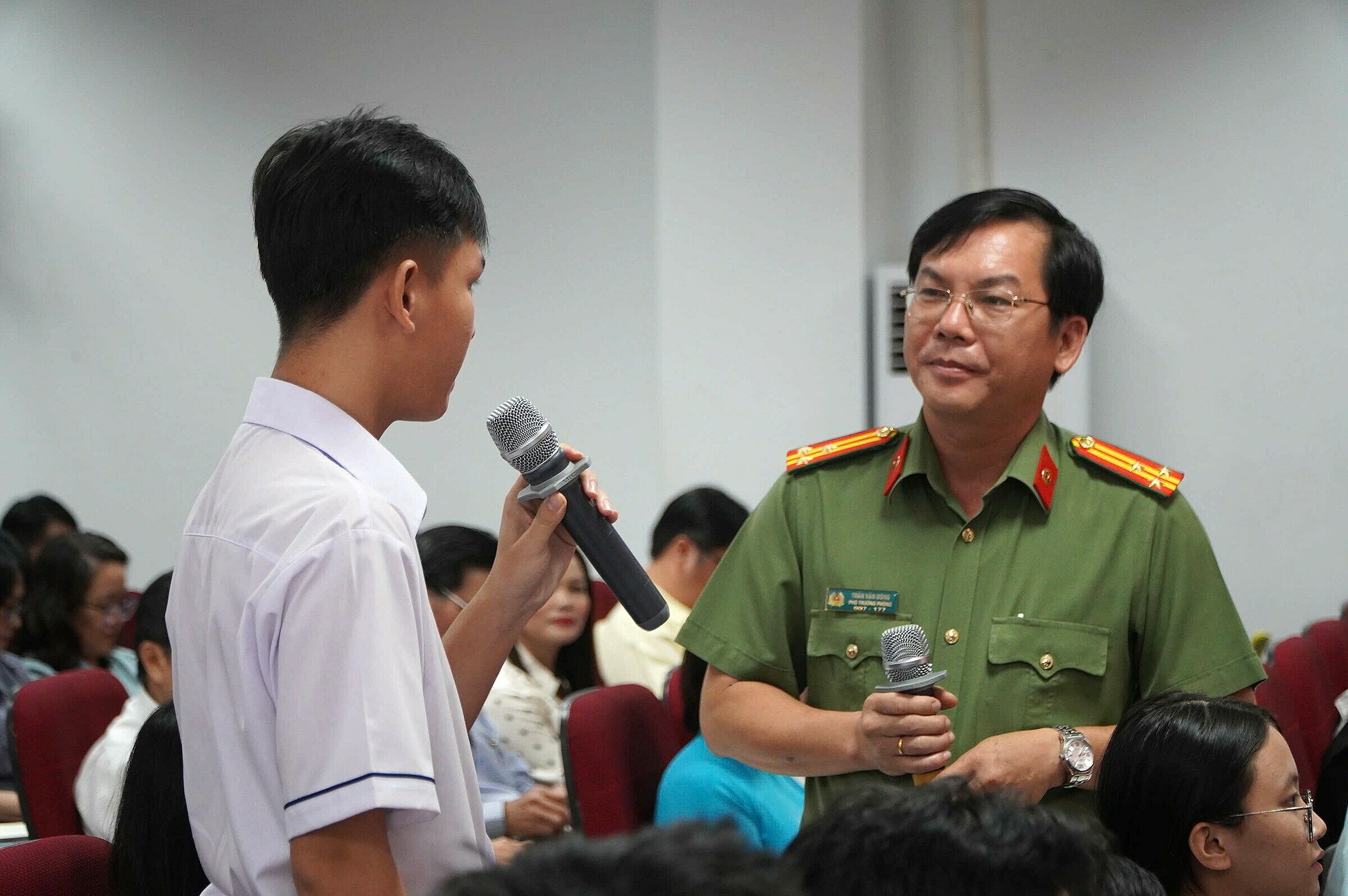 |
Senior Lieutenant Colonel Tran Van Dong, Deputy Head of the Internal Political Security Department (PA03) of Ho Chi Minh City Police, speaks with students at the seminar on the morning of 18/9. Photo: Thanh Phuc |
Senior Lieutenant Colonel Tran Van Dong, Deputy Head of the Internal Political Security Department (PA03) of Ho Chi Minh City Police, speaks with students at the seminar on the morning of 18/9. Photo: Thanh Phuc
From a physical and mental health perspective, Dr. Dang Hoang Khanh Duy, a lecturer in the Pediatrics Department at Hong Bang International University, noted that many studies have shown cellphone use in schools leads to decreased academic performance. When students focus on phone screens for extended periods with limited physical activity, it can lead to obesity, nearsightedness, sleep disorders, and feelings of isolation due to reduced direct interaction. Addiction to social media, exposure to harmful information, or cyberbullying can cause emotional and personality development disorders in children.
Therefore, experts and administrators agree on limiting students' cellphone use in schools, including during breaks.
According to Dr. Bui Hong Quan, a psychology expert at Ho Chi Minh City University of Education, it's crucial to integrate life skills education, responsible technology use, and school etiquette into group activities.
Furthermore, schools should establish clear rules of conduct in the form of official regulations. Simultaneously, schools should organize engaging alternative activities such as physical games, folk games, clubs, and community activity corners to encourage student participation.
Dr. Quan believes these efforts require collaboration between family, school, and society. Families should manage and guide their children's device usage time; schools are responsible for monitoring, reminding, and encouraging; and society should promote responsible technology use.
In practice, a representative from Luong The Vinh High School, Ba Diem, shared that 15-20 years ago, students were not allowed to bring cellphones to school. Since 2020, both schools have allowed students to use cellphones in some English, Life Skills, and Career Guidance classes with teacher approval, following guidelines from the Ministry of Education and Training.
According to Ms. Phan Thi Bich Hanh, Vice Principal of Tran Nguyen Han High School, the school doesn't completely ban cellphones due to opposition from some parents and students. Instead, teachers organize various activities during breaks to attract students to the playground, including basketball, soccer, flash mobs, and more.
"Currently, most students voluntarily leave their phones at home, and even if they bring them, they don't use them during breaks. Each class has a designated phone with only calling and texting features for contacting parents," Hanh said.
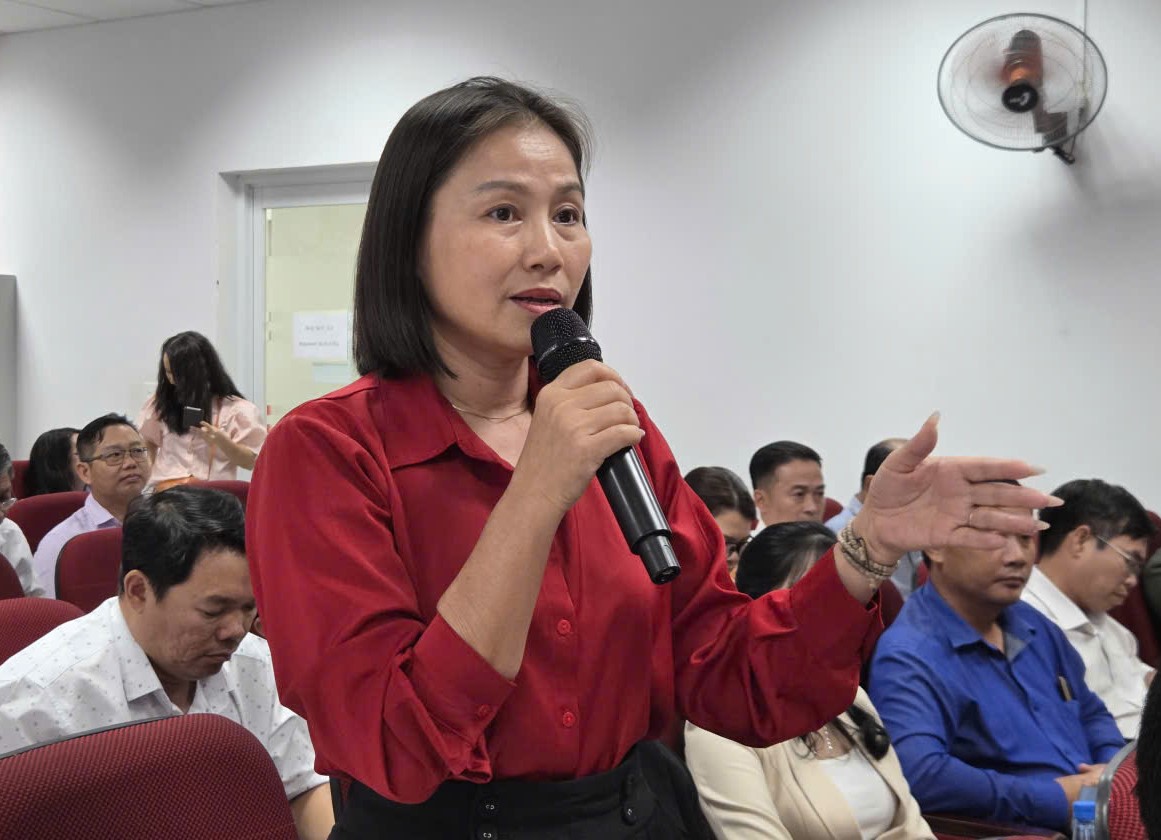 |
Ms. Bich Hanh from Tran Nguyen Han High School shares her experience in encouraging students to avoid cellphone use. Photo: Le Nguyen |
Ms. Bich Hanh from Tran Nguyen Han High School shares her experience in encouraging students to avoid cellphone use. Photo: Le Nguyen
According to Ms. Cao Thi Thien Phuc, Head of the Student Affairs Department at the Ho Chi Minh City Department of Education and Training, many countries worldwide have banned or encouraged limiting cellphone use during breaks. For example, schools in Finland and Denmark design numerous open spaces for children to self-study, play, and engage in outdoor activities. Japanese students are required to store their phones at the school gate, and break times are dedicated to physical education and club activities. South Korea integrates technology into classrooms but strictly prohibits phones during breaks.
"With comprehensive and innovative solutions, schools can limit the harmful effects of digital devices while nurturing students' minds and intellect," Phuc said.
The Department plans to pilot limiting student cellphone use during breaks at 16 schools starting in October, followed by a full-scale implementation in 2026. During breaks, each school will organize at least three activities: sports, arts, folk games, reading, or life skills clubs. Students must participate in at least one activity.
As a parent and educator, Le Thi Phuong Lan, Head of the Science and Education Department of the Ho Chi Minh City Party Committee's Commission for Propaganda and Education, supports limiting cellphone use at school and during family time to provide students with space and time for mental and physical development.
"But what about overcrowded schools lacking sufficient classrooms, let alone facilities for sports and recreational activities? I think the Department needs to consider this factor," Lan said.
Le Nguyen




